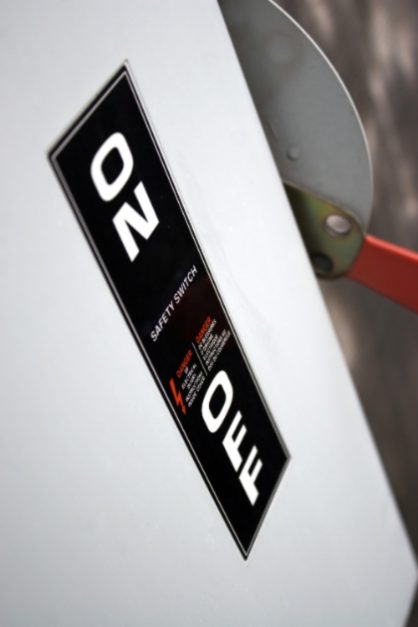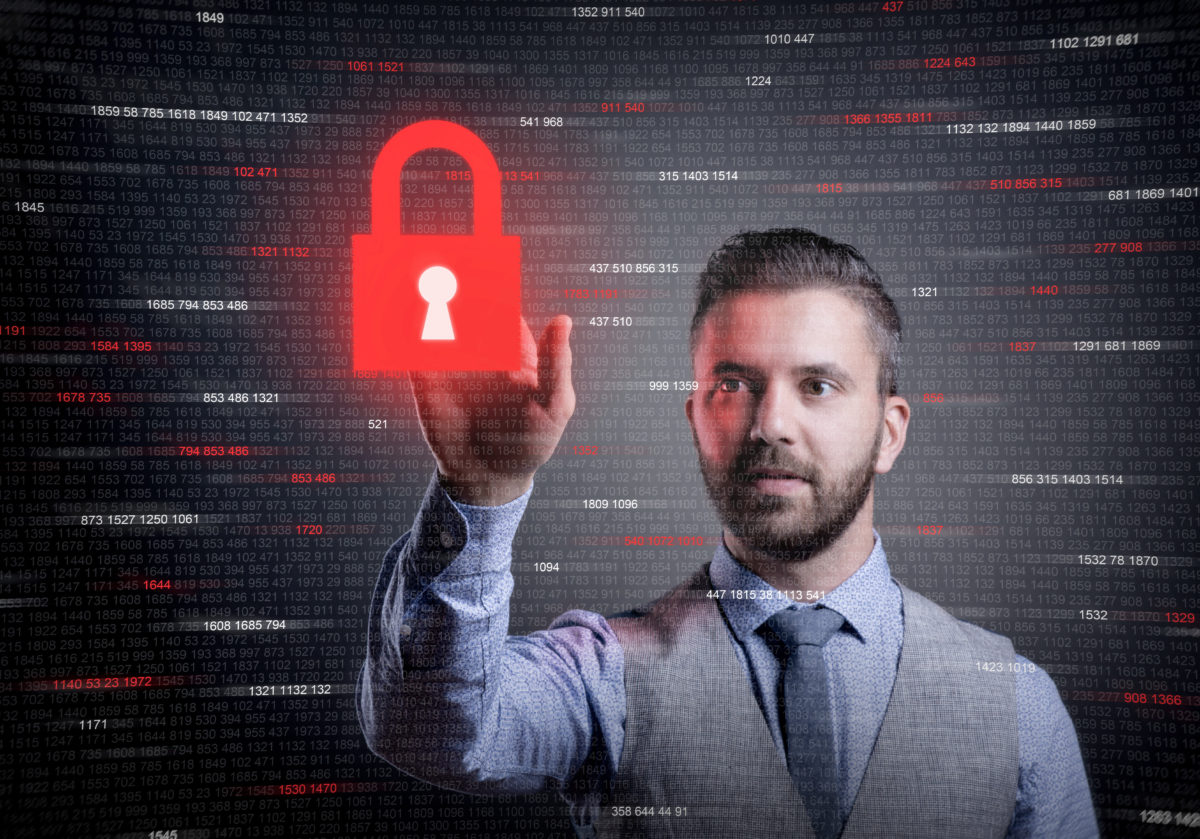Enigma Forensics CEO & President, Lee Neubecker and Geary Sikich, President of Logical Management Systems, tackle the strategies you need to know to prepare for a cyber attack. Each describes in detail the importance of cyber readiness starting with power outages.
The transcript of the video follows:
Lee Neubecker: Hi, I’m here today with Geary Sikich. Geary is the President of Logical Management Systems. Thank you, Geary, for being on the show.
Geary Sikich: Thank you, Lee.
Lee Neubecker: So we’re here to talk a little bit about cyber attacks on the power grid, and what impacts that could have on businesses and individuals alike. All right, Gary, is the future of war likely to be cyber, in your opinion?
Geary Sikich: Well Lee, I think there’s three aspects of that that we need to look at. There’s what I’ll call a strategic aspect, which in effect, we’re already in a cyber war in many respects. Nation states are using cyber in a lot of different ways. Not necessarily as disruptive as it could be, but it’s got the potential to expand. There’s then another level down from there which I’ll call operational, which is targeting specific locales and areas. And then, what I’ll call a tactical level where you’re targeting individual facilities to include even neighborhoods at this stage. And one of the things I think you’re going to see in the future is that there’s going to be more of a reliance on these disruptions because of the great impact they have on businesses as well as the general population.
Lee Neubecker: Yeah so, one of the things that I had lectured on before was some research that came out of Princeton University on a topic called MadIoT, which relates to manipulation of end user demand by attacking insecure Internet of Things, IoT, devices in homes and whatnot. And essentially, what the researchers found was that by taking over enough routers in homes, you could compromise Wi-Fi devices attached to high-wattage appliances like Internet-enabled microwaves, toasters, heaters, things like that that would draw a lot of current, air conditioning systems and that by attacking adjacent neighborhoods, you could manipulate power demand in one neighborhood such that the power’s going off or down low, and then the adjacent neighborhood causing all these appliances to come on, which by only creating a small disturbance in balance of power, Kirchhoff’s law that dictates the flow of electricity could cause faults in lines as electricity moved from one neighborhood to another in spikes, and that that type of attack could effectively knock out parts of the grid. There are a lot of factors, obviously, that could knock out the grid, but what have you been advising your clients to do in advance of such an outage, to help them mitigate the risk and protect themselves?
Geary Sikich: One of the things we look at with that issue, and it’s a very big issue, and it ties into the areas I previously mentioned, the strategic, operational, and tactical, is to begin to look at how you can be resilient as an organization. So, I’ll give you an example. A colleague who was at a firm in Southern Illinois, they were about to move to a larger building. And one of the things he was charged with was developing the plans and then getting the move set up. They didn’t have a generator, and I highly recommended to him that they get a generator. They decided to do it, and to their benefit, once installed and once they got it in the building, they had a localized power outage which, for them, was a non-event so to speak because the generator immediately kicked on. They didn’t lose any power. As a commodities trading firm, they’re very dependent on the ability to communicate electronically for trade. So when we got to analyzing things, I asked, “What did you think?” and he said, “Well, it cost “probably a quarter of a million.” And then I asked the second question, which I think was more relevant and important as he understood it, “What was the cost in lost trades, if you’d have not “had the generator?” He said, “About $2 billion.” So the immediate impact on these things is that organizations really need to think about how can they secure a power supply for themselves so that they can effectively operate independently of the grid in times of a crisis?
Lee Neubecker: So an adversary of a financial services company could actually cause massive harm by targeting and causing a power disruption, knocking out the trading facilities–
GSL Yes. LN:Costing them billions of dollars.
Geary Sikich: Yes. And the interesting part about that is, that when you begin to look at it, it’s not just that immediate impact, it’s the cascading impact that goes throughout the entire system. So you knock out the trading aspect, you suddenly knock out the logistics of movement of products and services, and it cascades throughout the entire system if you will.
Lee Neubecker: So what do you see are the other downstream potential impacts to a prolonged outage?
Geary Sikich: Oh, prolonged outages are one of the concerns that a lot of organizations have. What do I do to keep my business in business if we’re faced with a long-term outage? Natural disasters have shown us that it can take up to and beyond a couple of years to recover. A lot of organizations literally could go out of business as a result of not being able to have the financial resources to weather a storm like that.
Lee Neubecker: Well, this has been great stuff. I really appreciate you coming on the show, Geary. Thanks a bunch.
Geary Sikich: Thank you, Lee, I appreciate it.



